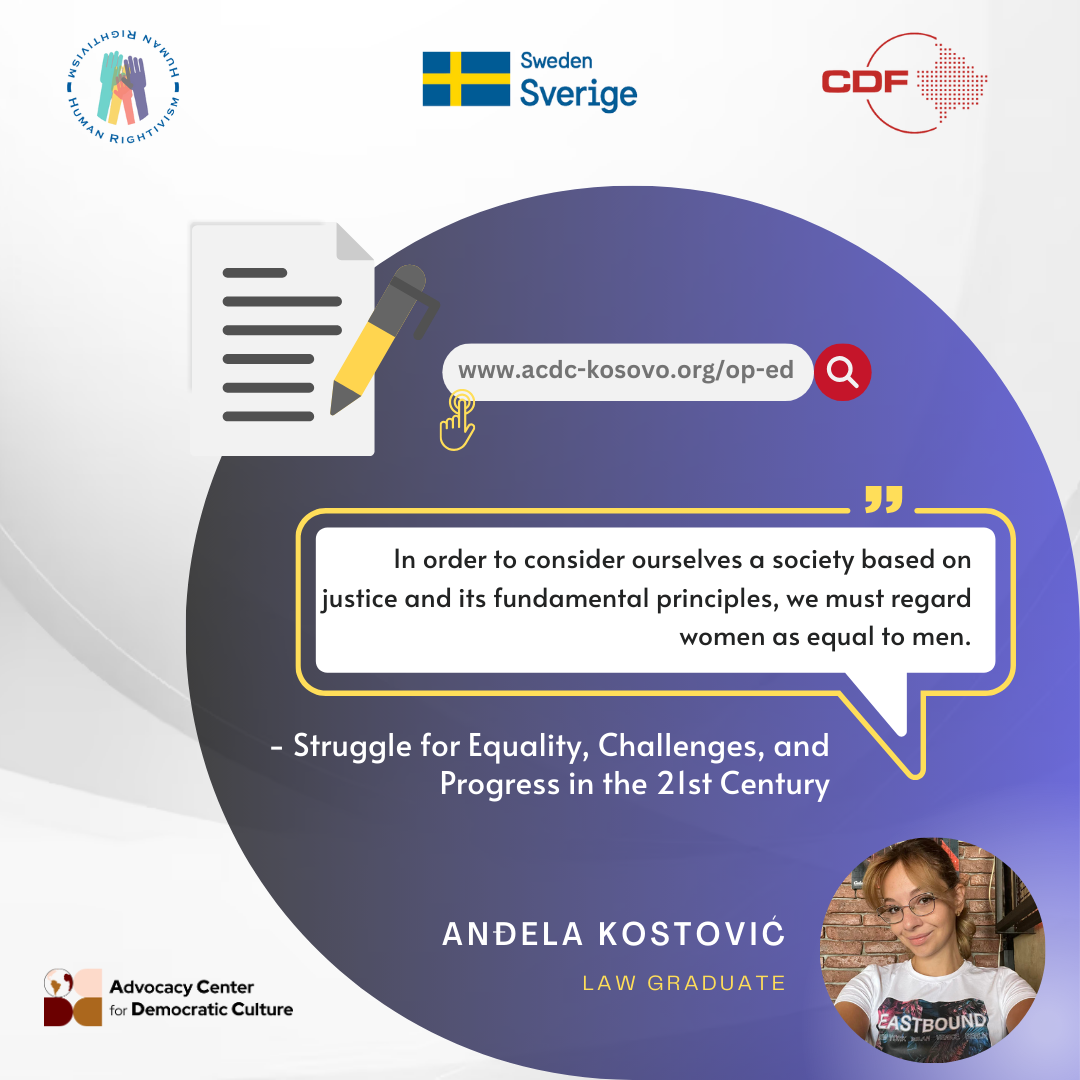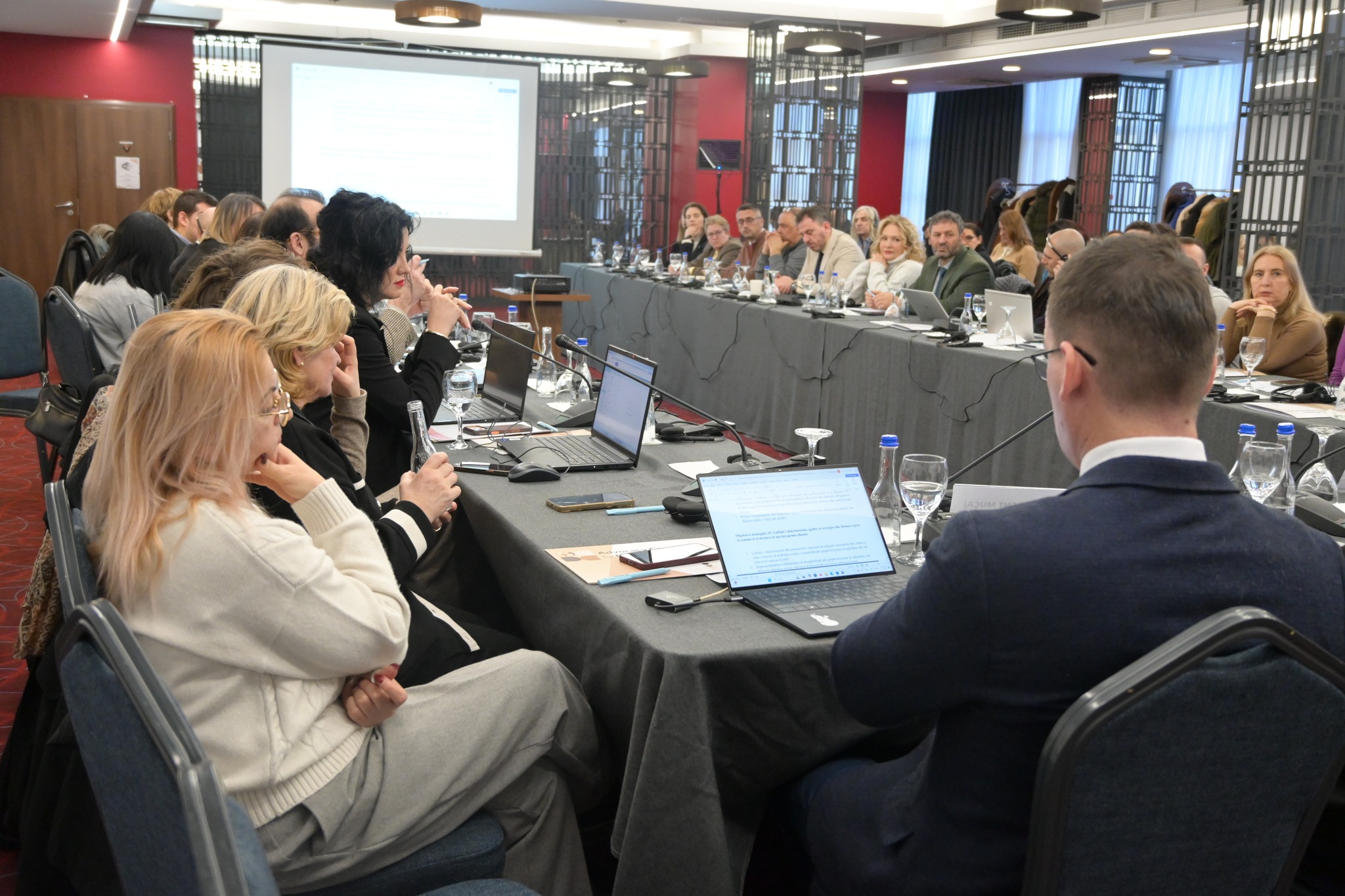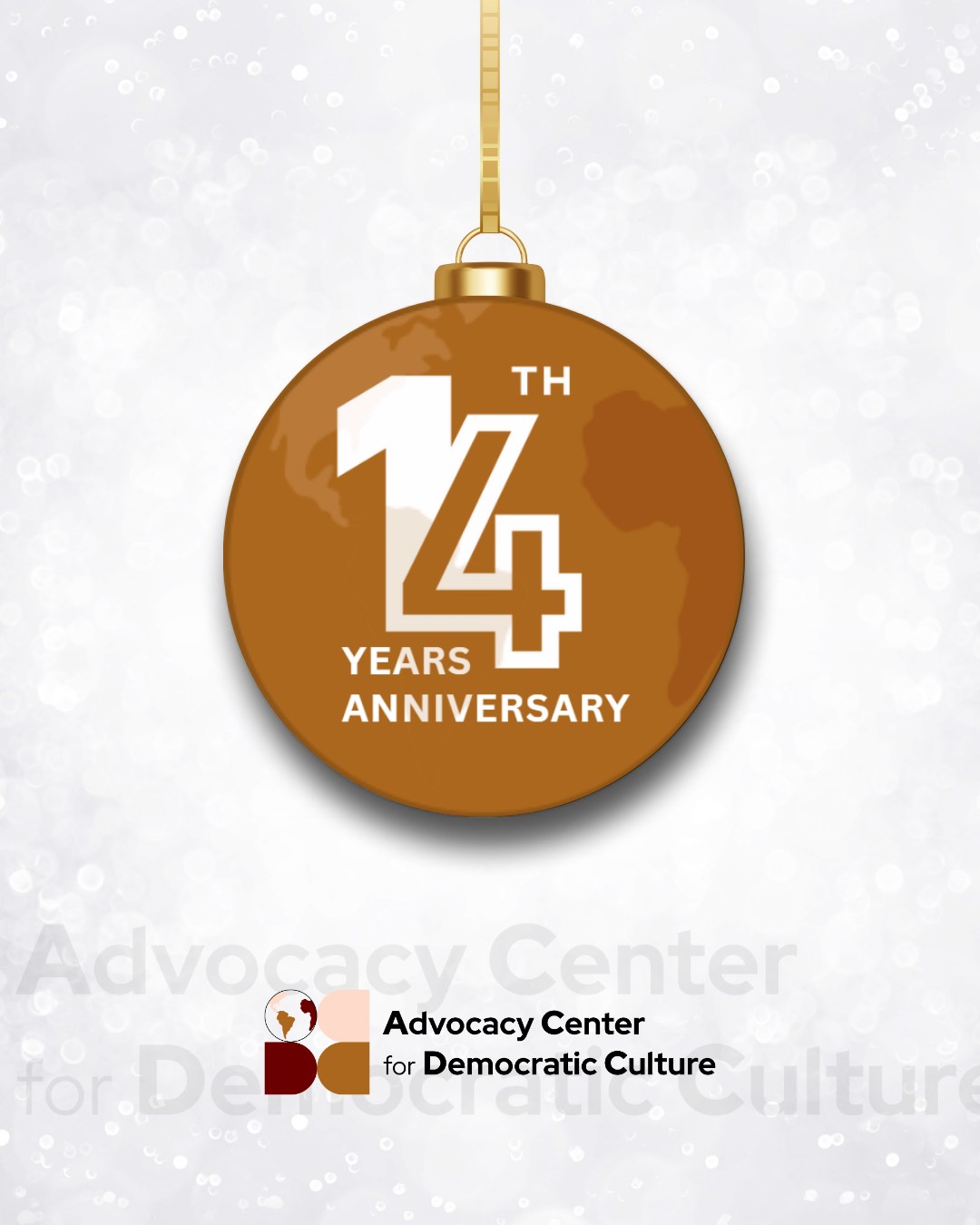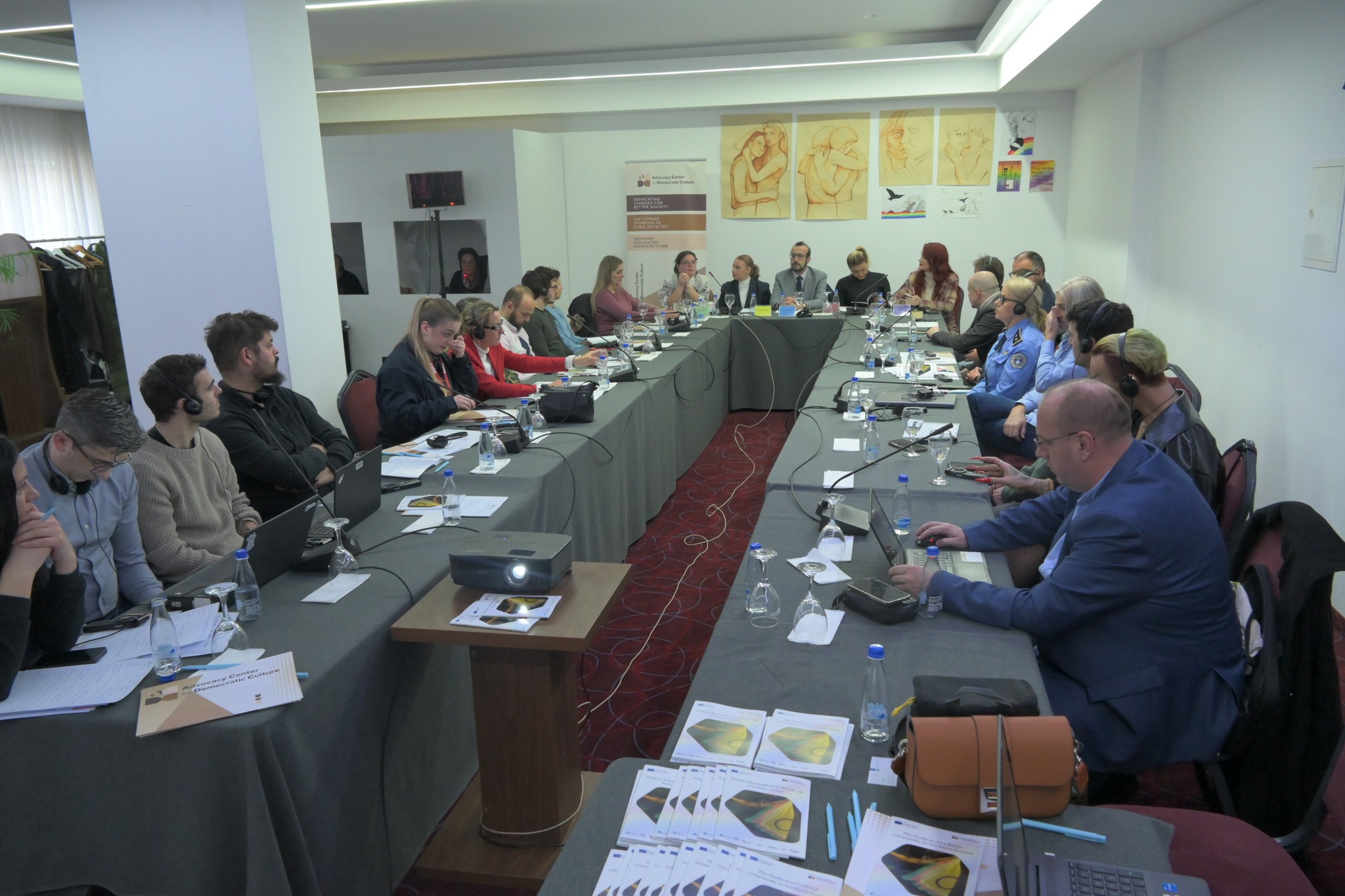12.09.2023. » 09:56
OP - ED Struggle for Equality, Challenges, and Progress in the 21st Century
In today's world, in the 21st century, despite advancements in various domains, equality in all sectors of life and society is at a very undesirable level. Equality, as an indispensable segment of fundamental human rights, can be related to gender, race, sexual equality, and more.

In today's world, in the 21st century, despite advancements in various domains, equality in all sectors of life and society is at a very undesirable level. Equality, as an indispensable segment of fundamental human rights, can be related to gender, race, sexual equality, and more.
Regarding gender equality among people on a global scale, according to the global report of the World Economic Forum on gender equality, the Nordic countries in Europe are ranked the highest, countries in the American continent are in the middle, while Central European, Southern, and African countries are at a notably low level. According to the International Convention on the Elimination of All Forms of Racial Discrimination, the main international law dealing with the prohibition of racial discrimination, the term "racial discrimination" denotes any distinction, exclusion, restriction, or preference based on race, color, descent, or national or ethnic origin, which has the purpose or effect of nullifying or impairing the recognition, enjoyment, or exercise, on an equal footing, of human rights and fundamental freedoms in the political, economic, social, cultural, or any other field of public life. It is well-known that individuals of the "Black race" are consistently discriminated against more than individuals of the White race. In numerous studies, they are even considered to face discrimination on three grounds: 1) gender, 2) race, 3) class.
I will also highlight that the entire debate around gender equality started very early, and women were discriminated against even when it came to crime. Namely, it was always assumed that the average criminal was a man with certain characteristics, and it was believed that women were incapable of committing crimes. However, recent research has led to a significant conclusion that every woman commits a crime at least once in her lifetime, most commonly around the age of 40-41.
From a woman who was considered a victim in various Indian customs to a woman who is a CEO in various companies worldwide, the journey has been arduous and by no means easy.
In order to consider ourselves a society based on justice and its fundamental principles, we must regard women as equal to men. Gender equality also presupposes that men and women have equal prerequisites for the realization of human rights.
Furthermore, gender equality assumes that there are equal opportunities for men and women to contribute to cultural, political, economic, social, and national progress, as well as having identical opportunities to enjoy all benefits and advantages.
Andjela Kostovic
Law graduate
Latest news







